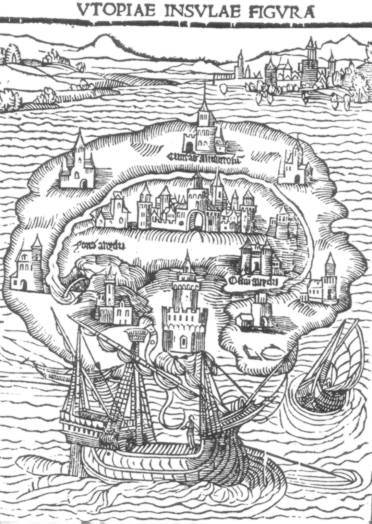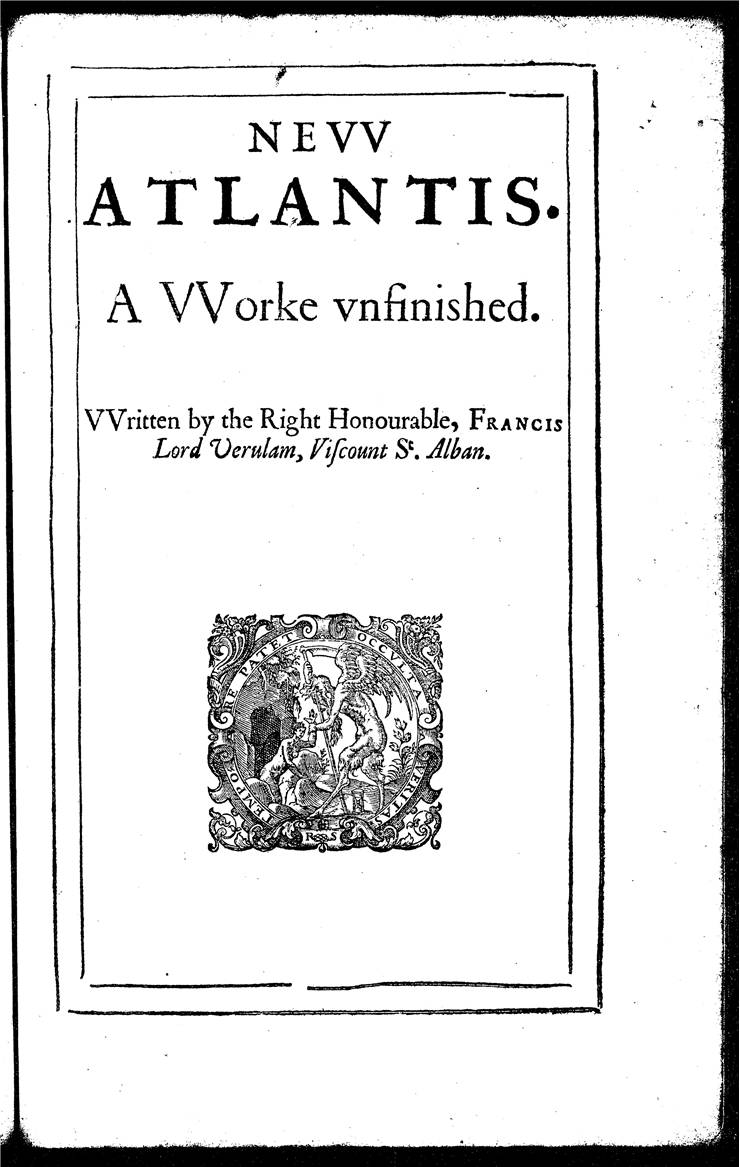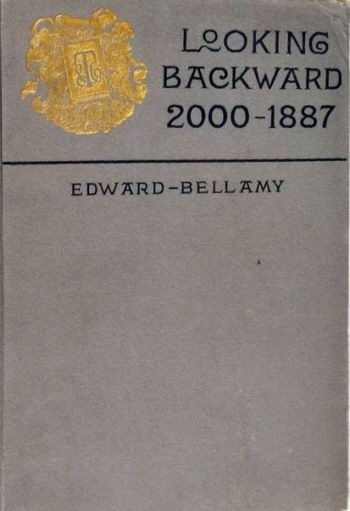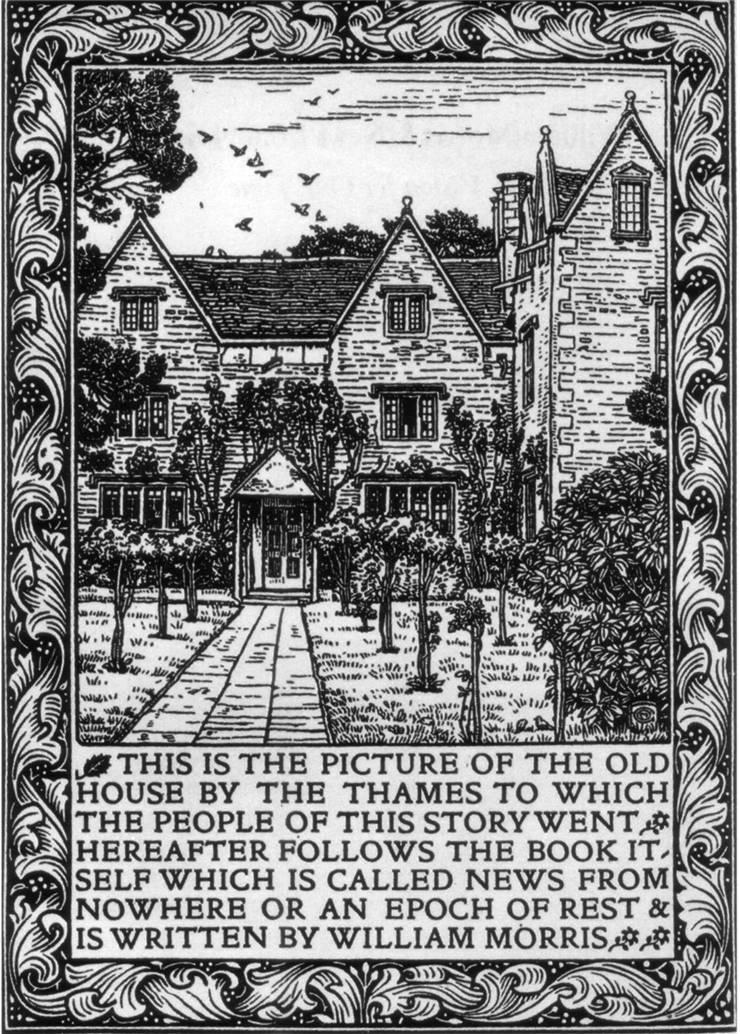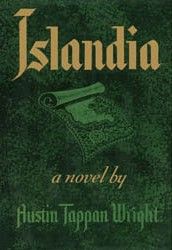List of Famous Utopian Novels
- Utopia (1516) by Thomas More represents one of the most important books in the European humanism. Through his book, he described fictional pagan, communist city-state that was governed by reason, and addressed the issues of religious pluralism, women's rights, state-sponsored education, colonialism, and justified warfare. Book greatly popularized the concept of "utopias", and was one of the biggest influences in the works of many philosophers, novelists and movements.
- The City of the Sun (1623) by Calabrian monk Tommaso Campanella, today represents one of the most important utopian philosophical works. In it, Campanella described the fictional theocratic utopian society that was governed by equality of all its citizens, shared work toward common good, and choosing the wisest for the governing roles.This vision of the perfect world even today represents one of the purest examples of the early literary utopian works.
- New Atlantis (1627) by Francis Bacon, is influential utopian novel that portrayed the vision of the education, discovery and knowledge in a fictional future society. Novel describes the discovery of mythical island Bensalem by the crew of a lost European ship, end their exploration of this utopian land and their central scientific institution - "Salomon's House". Description of such educational establishment represented one of the biggest inspirations for the forming of the early European Universities.
- The Commonwealth of Oceana (1656) by James Harrington, is a philosophical novel that described the existence of an ideal constitution, one that is designed to allow for the existence of a utopian republic. It depicted the functions of everyone in this fictional republic - from the agrarian workers, to the low officials, al up to the rights of the ruling senate.
- Erewhon (1872) by Samuel Butler is a fictional novel that descripts the state of life in the fictional utopian settlement that was found by the lone explorer in New Zealand. In it, Erewhon was using many satirized aspects of Victorian society - religion, anthropocentrism (tendency for human beings to regard themselves as the central and most significant entities in the universe) and criminal punishment. This Butlers novel was often compared to the satirical work of Jonathan Swift (Gulliver's Travels), and was influenced by the Charles Darwin's evolution theory.
- Looking Backward (1888) by Edward Bellamy is the fictional utopian novel that first described the foundations of the socialist movement. In the book, main character becomes transported from the war filled nineteenth century to the peaceful utopian world of twenty-first century. After its release, it quickly became one of the biggest bestsellers of its time, and its influence shaped the works of many future philosophers, novelists, movements and utopian communities.
- News from Nowhere (1890) by William Morris is a soft science fiction utopian novel in which main character becomes transported to the future in a society that is based on common ownership and democratic control of the means of production. People in this simple agrarian environment enjoyed their work, simply because they found it pleasurable.
- A Traveler from Altruria (1894) by William Dean Howells is a utopian novel that describes the differences between the late 19th century US and fictional island of Altruria. During the novel, visitor from Altruria compares the lifestyle of those two countries, discovering that US is still lagging in the political, economic, cultural, or moral aspects of life. This critique of capitalism and its consequences was greatly influenced by the previous utopian works - The City of the Sun, New Atlantis, Looking Backward and News from Nowhere.
- "2894" , or The Fossil Man (A Midwinter Night's Dream) by Walter Browne is a utopian novel that was released during one of greatest waves of utopian publishing. This novel is focused on a society in which gender roles are reversed - women are seen as dominant, and men as submissive.
- Equality (1897) by Edward Bellamy is a sequel to a utopian novel "Looking Backward", in which Bellamy described the foundation of his perfect socialist utopia. Containing very little amounts of plot, this book represents extensions of ideas and expanded theories that were first explored in Looking Backward.
- A Modern Utopia (1905) by H.G. Wells is a utopian model in which author tried to describe the futuristic society in which all earths countries have united into one entity. This singular country called "modern utopia" provided perfect happiness to all of its citizens, with equal rights to both women and men.
- Islandia (1942) by Austin Tappan Wright is a fictional utopian novel that describes the life on imaginary island continent of Islandia. Written over several decades and published 11 years after the authors death, this fully realized utopian world resembles by its size and detail to the Tolkien's The Lord of the Rings.
- Island (1962) by Aldous Huxley is a fiction book that depicts the exploration of the fictional utopian island of Pala by the hand of shipwrecked journalist Will Farnaby. During his time on the island, he witnessed life in the 120-year-old utopian society, which managed to change his life.
